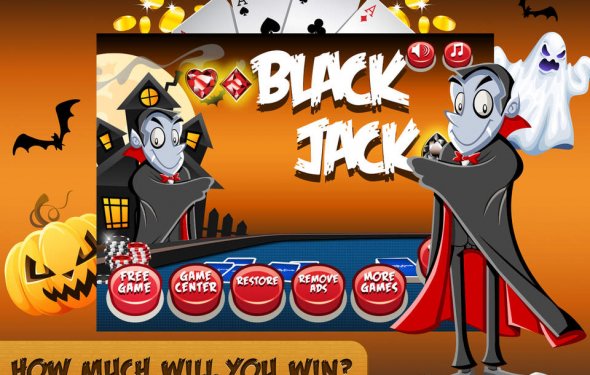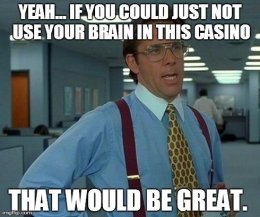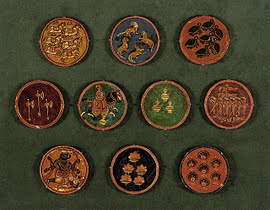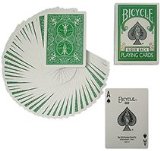Blackjack trick

When you push your money into the blackjack circle and faced off against a dealer, you are playing the best odds in the house.
You can even turn the advantage to your favor. But not so fast.
If you thought it was merely the cards you were battling, you have another thing coming. The combat measures began before you even sat down. The game behind the game of blackjack involves getting you to the table and keeping you there. What you may not know is that it also involves making sure your chances for winning are minimized, while your commitment to the idea of winning is maximized.
The real tricksters are usually not the dealers themselves. They are the casinos that hire them, train them, and monitor them. The dealers are pawns serving the casino’s bottom line. Dealers mostly just want to get good tips, not get fired, and maybe have some fun along the way.
 Enter “Sophie, ” a casino dealer turned professional card counter (she requested that her name be changed so casinos cannot identify her). After eight years of dealing table games at a large casino, she became fed up with how casinos were run and decided to put her efforts at taking money out of casinos through card counting at blackjack. She was happy to offer her input into how dealers think and casinos operate.
Enter “Sophie, ” a casino dealer turned professional card counter (she requested that her name be changed so casinos cannot identify her). After eight years of dealing table games at a large casino, she became fed up with how casinos were run and decided to put her efforts at taking money out of casinos through card counting at blackjack. She was happy to offer her input into how dealers think and casinos operate.
Straight from a dealer’s first hand experience, here are five ways that casino dealers compound your disadvantage.
Giving bad playing advice
Basic strategy (sometimes referred to as “the book”) involves the list of playing decisions a player can make in any given situation which are mathematically most advantageous. This is not a secret. This is math. Sometimes casinos will even make cards with basic strategy available at the table. But they will never insist you follow it. Never be fooled by a dealer’s “sage” advice.
“Maybe five percent of dealers know basic strategy… MAYBE, ” says “Sophie, ” a former casino dealer turned card counter. “Even if dealers know it, very few believe in it. They still give really bad advice.” The casino wants you to believe it has your best interests in mind, but in practice we have no interest at all in seeing that you make sound playing decisions. Why is that? Sound decisions decrease their bottom line. Likewise, dealers are encouraged to keep play moving. More rounds played per hour means more money for the casino. Forcing you to make a quick decision is often just as bad as suggesting you make a wrong one.
Fake optimism
 Ganjifa, or Gânjaphâ, is a card game that originated in Persia and became popular in India under the Mughal emperors in the 16th century.
Ganjifa, or Gânjaphâ, is a card game that originated in Persia and became popular in India under the Mughal emperors in the 16th century.
The name Ganjifa comes from the Persian word ganjifeh (گنجفه), meaning playing card. The first known reference is in an early-16th century biography of Bâbur, the founder of the Mughal dynasty. The game first...



|
MMS Cards Bicycle Green Back USPCC Trick Toy (Murphy's Magic Supplies Inc.)
|
